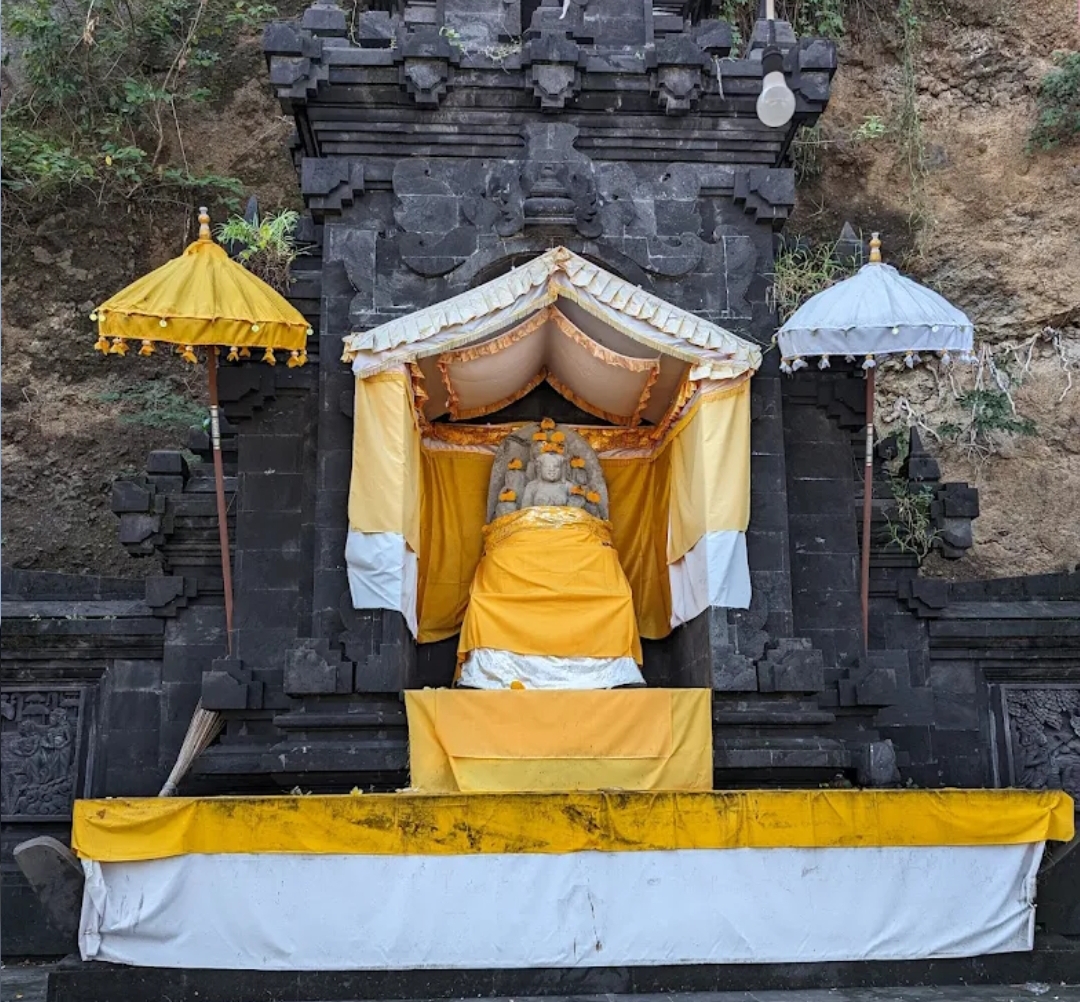Ter-Teran is an ancient ritual observed by the people of Jasri Village in Karangasem, Bali.
This unique tradition takes place as part of the Usaba Muu-Muu ceremony, held biennially in odd-numbered years.
It coincides with Pengrupukan or Tawur Kesanga, the evening before Nyepi, Bali’s sacred Day of Silence.
The purpose of this ritual is to dispel negative energies and malevolent spirits (Bhuta Kala), ensuring spiritual balance and tranquility in the universe.
This fire-based tradition involves participants wielding flaming torches and “prakpak,” which are fire bundles crafted from dried coconut leaves tied together and reinforced with wooden sticks for better throwing precision.
Ter-Teran is closely linked to the “pemendak” procession, where sacred effigies (pratima) are ceremoniously welcomed back after undergoing a purification ritual at Jasri Beach.
In this fiery spectacle, villagers split into two opposing factions—Jasri Kaler and Jasri Kelod.
They engage in a dramatic exchange of fire, hurling blazing torches at each other.
When one side launches an attack, the opposing side responds in kind, creating a mesmerizing display of flames and embers.
This confrontation is not a mere display of aggression but a symbolic act of exorcism, aimed at driving Bhuta Kala back to its realm and preserving cosmic harmony (Bhuana Agung) as well as human well-being (Bhuana Alit).
More than just a religious practice, Ter-Teran is an extraordinary cultural heritage that exemplifies the community’s solidarity and devotion.
Despite its intense nature, this ritual remains an essential part of Balinese Hindu tradition, reaffirming the island’s deep-rooted spiritual beliefs and its commitment to maintaining balance between the physical and metaphysical realms. (BT)
Image Source: kemendikbud.go.id





